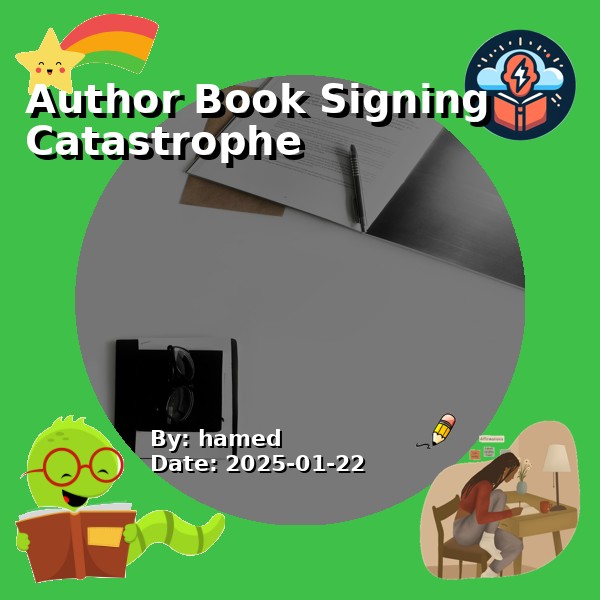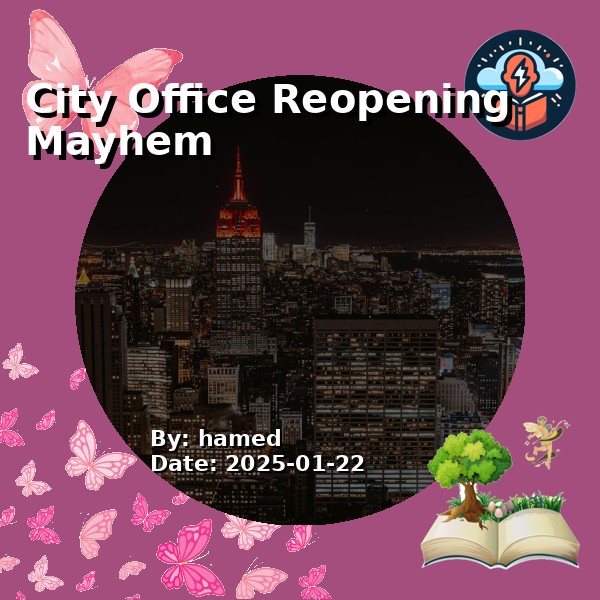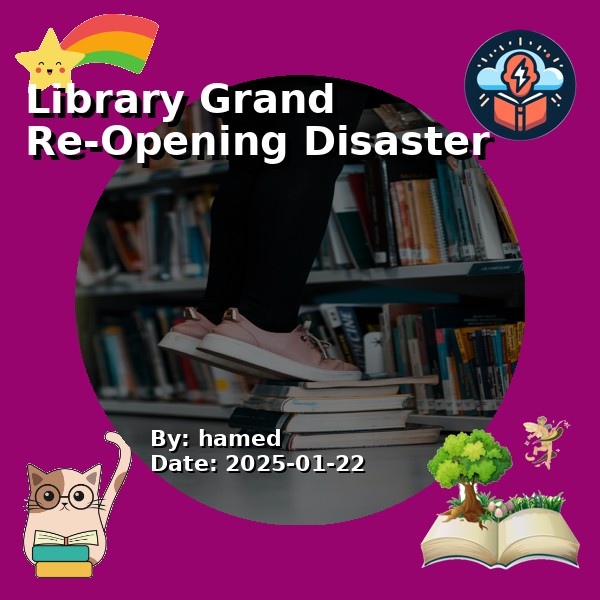Explore Flash Fiction
Keanu Reeves Insult Incident
It all started at the Downtown Coffeehouse, a hip, overpriced place that served overpriced drinks in even more overpriced mugs. It was a typical Wednesday morning, and the place was …
Author Book Signing Catastrophe
The line stretched out the door and around the corner, a solid stream of excited readers eagerly clutching their copies of The Enchanted Forest—the highly anticipated fantasy novel by debut …
Morning Announcement Gone Wild
Scene: A typical morning news set. The bright, cheery music fades as the camera zooms in on two co-hosts, Alice and Tim, sitting behind a sleek desk. The studio is …
City Office Reopening Mayhem
The city office had been closed for months, and on the first day back, Marcy, the office manager, could already feel the tension building. The smell of stale coffee and …
Undocumented Student Superhero
Miguel had always been good at blending in. Not because he wanted to, but because he had to. Living in Spokane as an undocumented student, he had perfected the art …
Dangerously Cold Wind Chill Challenge
Lenny had never been one to shy away from a challenge. So when he saw the weather forecast that morning—“Wind chill advisory: Dangerous conditions. Stay indoors if possible.”—he saw nothing …
Library Grand Re-Opening Disaster
The doors of Oakwood Public Library swung open with the fanfare of a grand unveiling—at least, that’s how Marcy, the library director, had envisioned it. She had spent weeks planning …
Refugee Travel Chaos
Hamid clutched his suitcase, which was somehow both too heavy to carry and too light to contain anything important, as he stared at the chaos unfolding in Terminal 4. The …
Taurus Troubles
Maggie had always taken her horoscopes seriously—maybe a little too seriously. As a proud Taurus, she knew she was supposed to be practical, grounded, and stubborn. But when she opened …
The Neon Night Basketball Blunder
It was the biggest game of the season: Neon Night at the University at Albany. The arena was packed with students dressed in fluorescent shirts and glow sticks, the court …









